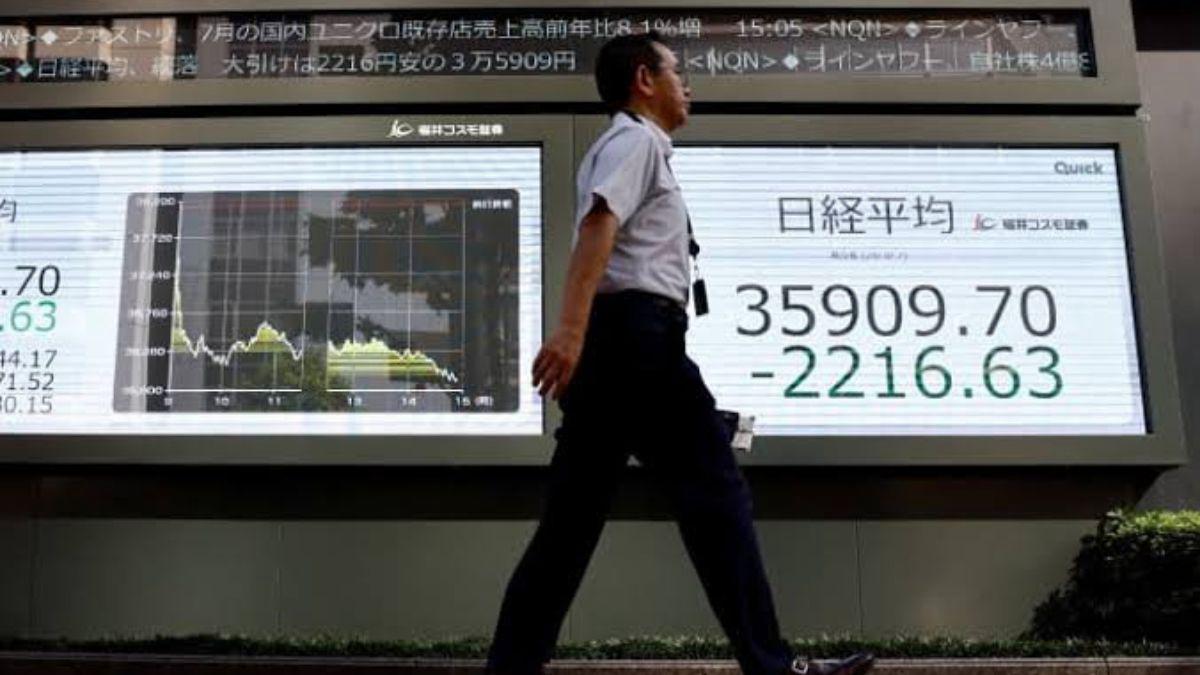On September 4th, Japanese financial markets experienced a dramatic downturn, with stocks plunging and the yen strengthening as investor sentiment grew increasingly risk-averse. This decline follows a steep drop in U.S. stocks the previous day, driven by mounting concerns about an economic slowdown in the United States.
The Nikkei Stock Average and the Tokyo Stock Price Index (TOPIX) both recorded their largest declines since August 5, a day marked by significant global market volatility. This latest selloff was precipitated by the Institute for Supply Management’s (ISM) report on August’s manufacturing activity, which revealed a contraction for the fifth consecutive month, falling short of market expectations. Particularly hard-hit were technology stocks in the U.S., including Nvidia, which saw its shares plummet, erasing $278.9 billion in market value—an unprecedented drop for a single U.S. stock.
The ripple effects of these developments were felt across global markets. In Japan, the risk aversion prompted by the U.S. market’s woes led to a rise in the yen’s value. The yen briefly surged to the 144 yen range per dollar as investors sought refuge in safe-haven assets. Concurrently, the Bank of Japan’s indications of potential future interest rate hikes further influenced the foreign exchange market, intensifying the yen’s appreciation and contributing to a drop in long-term interest rates, which fell below 0.9%.
Alvin T. Tan, Head of Asia Currency Strategy at the Royal Bank of Canada in Singapore, commented on the situation, noting the pronounced inverse relationship between the yen and Japanese stocks. He pointed out that the recent market dynamics underscore the deep interconnection between Japanese equities and the yen, illustrating how fluctuations in currency values can significantly impact stock market performance. Tan observed that many bullish phases in Japanese equities have been tied to a weaker yen, highlighting the complex interplay between these two financial variables.

